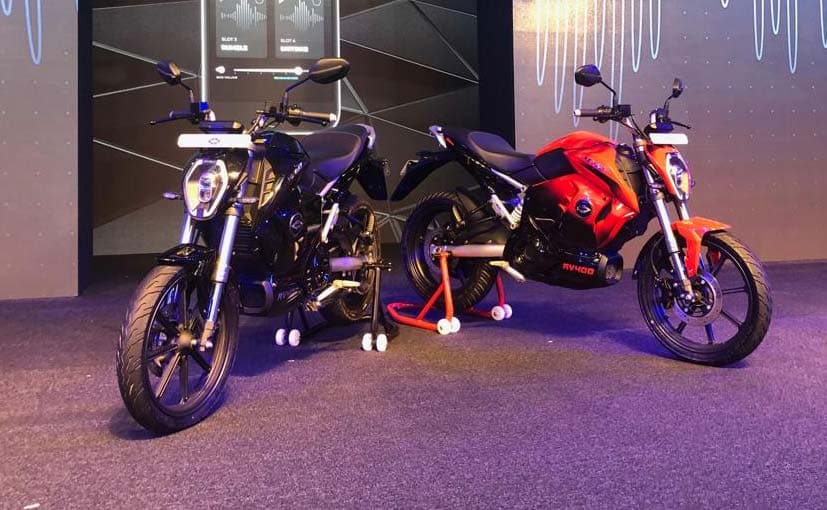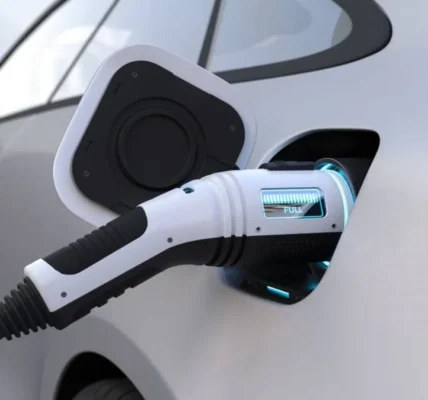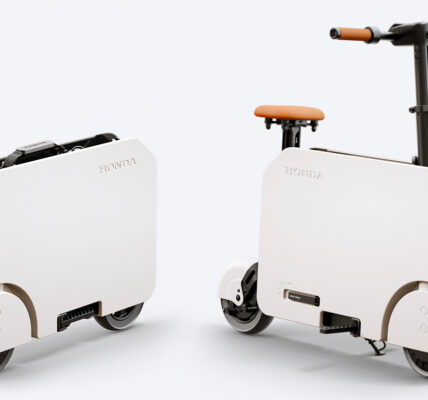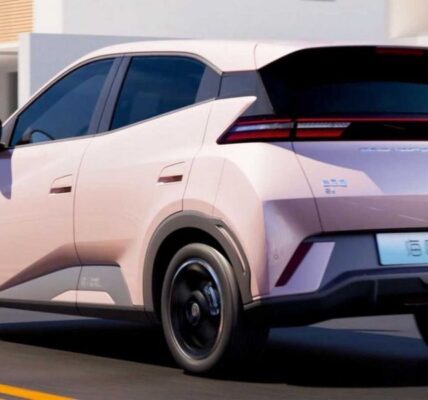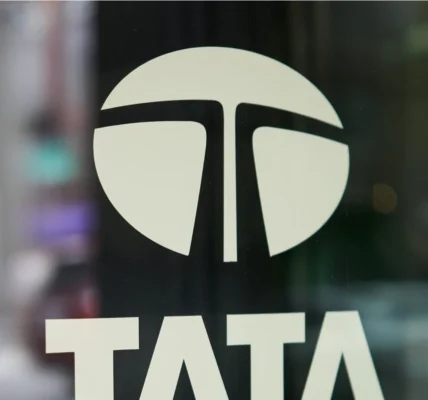Revolt Intellicorp Plans To Set Up Its Second Production Facility In South For 100% Localization
Revolt Motors, one of India’s most popular electric two-wheeler manufacturers, is considering a second manufacturing facility in the Southern part of the country. This could be an extension of the brand’s expansion strategy under which it has recently entered new cities like Hyderabad and Ahmedabad and will soon reach more.
Ever since Revolt Intellicorp launched the RV400 back in August 2019, the electric motorcycle has received quite an overwhelming response. In such a short time, the RV400 has created a large customer base, and today, its popularity is growing at a tremendous rate. The Gurugram-based start-up sold out the first batch of the RV400 within 24 hours and 72 hours of opening its dealerships in Hyderbad and Ahmedabad respectively.
This clearly shows that people have started accepting electric two-wheelers with more open-mindedness than before. As a result of this and the growing demand for the RV400, Revolt Intellicorp has plans to set up its second production facility by the end of this year with an investment of about INR 250-300 crore.
Speaking to Financial Express recently, Rahul Sharma, Founder of Revolt Intellicorp, said, “We have big plans in store as we are in talks with some of the governments down south. Looking at the consumer traction for electric vehicles (EVs), we are planning to set up our second factory by this year-end and increase our production capacity to cater to the increasing demand from consumers.”
At present, Revolt Intellicorp currently has a 1 lakh sq ft production plant in Manesar which was established with an investment of around INR 400 crore. It has a production capacity of 1.2 lakh units per annum. To sustain the increasing customer demands, the company had increased its production capacity and reduced the waiting period of the RV400 from 5 months to 3 months. However, it seems that it wouldn’t be enough.
Also, with its new manufacturing facility, Revolt Intellicorp plans to minimize the import of parts and components used in its electric two-wheelers to zero and adopt 100% localization. “Less than 30% of the components are being imported and we are seeing some effects. However, we are gearing up to source those components locally and the entire EV will be built completely in the domestic market with local components,” said Rahul Sharma.


